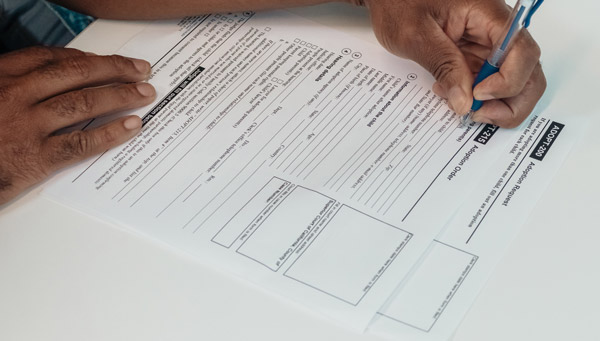Regulations
Articles 54 to 58 of Organic Law 2/2006, of 3 May, on Education regulate higher arts education, which includes higher studies in music and dance, drama, conservation and restoration of cultural assets, and higher studies in design and plastic arts.
Royal Decree 1614/2009, of 26 October, develops the structure and basic aspects of the organisation of higher arts education and its accreditation, in accordance with the requirements of the European Higher Education Area. In addition, Royal Decree 303/2010 of 15 March 2010 stipulates the minimum requirements for centres providing artistic education.


